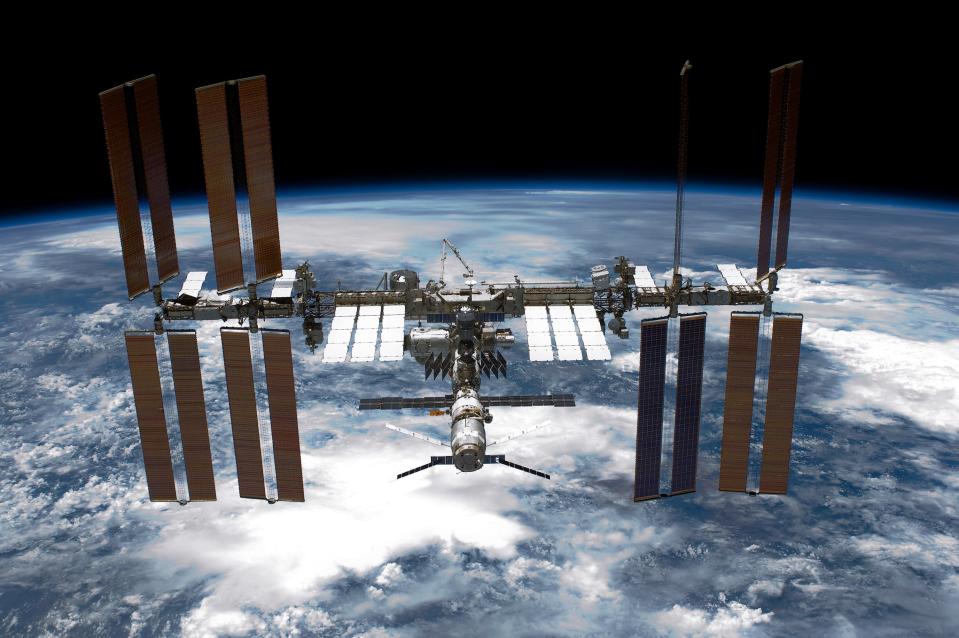International Space Station leak: Nasa says it has found source of mysterious problem on board ISS

Nasa has isolated the mysterious leak that is letting air out of the International Space Station to an area of the Zvezda Service Module.
Astronauts Chris Cassidy, Anatoly Ivanishin and Ivan Vagner were instructed to move into the Russian segment of the ISS in order to collect data at a range of locations.
Previous checks had been made in the US, European, and Japanese modules of the space station.
“One by one, the crew closed hatches between Zvezda’s aft and forward sections and Zvezda’s passageways to the Pirs Docking Compartment and the Poisk module while using an ultrasonic leak detector to collect data”, the space agency write in a blog post.
“Throughout the night, pressure measurements were taken by US and Russian specialists to try to isolate the source of the leak. At the completion of the overnight checks, the crew opened hatches once again between the US and Russian segments and resumed regular activities.”
Nasa has repeatedly said that the leak, which it has been investigating for weeks, poses no immediate danger to the crew.
It was first noticed in September 2019.
At the current rate of leakage, it only presents a slight deviation to the crew’s schedule.
“Currently the search is underway to precisely locate the leak. With that, the general atmosphere pressure decrease rates remain at 1 mm per 8 hours”, the Russian space agency Roscosmos tweeted.
Currently the search is underway to precisely locate the leak. With that, the general atmosphere pressure decrease rates remain at 1 mm per 8 hours. The situation poses no danger to the crew’s life and health and doesn’t hinder the station continued crewed operation.
— РОСКОСМОС (@roscosmos) September 29, 2020
Nasa has previously said that the station can be repressurised using nitrogen tanks.
In the coming months, many cargo spacecrafts are scheduled to arrive at the station in the beginning of October.
It “marks the beginning of a very busy vehicle traffic month on ISS,” Greg Dorth, manager of the ISS Program External Integration Office at Nasa, said in a previous statement.
Read more
NASA unveils $28 billion plan to send the first woman to the Moon

 Yahoo News
Yahoo News 